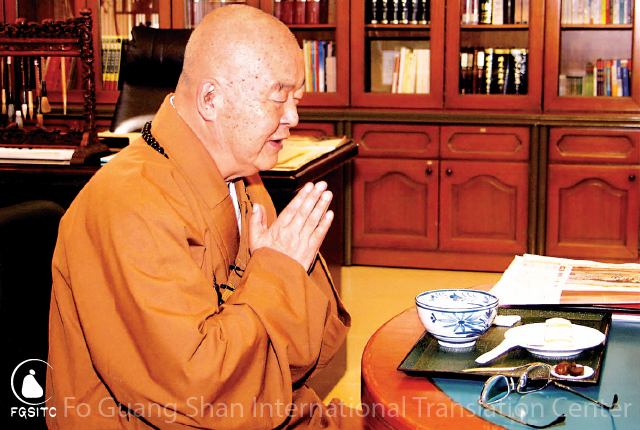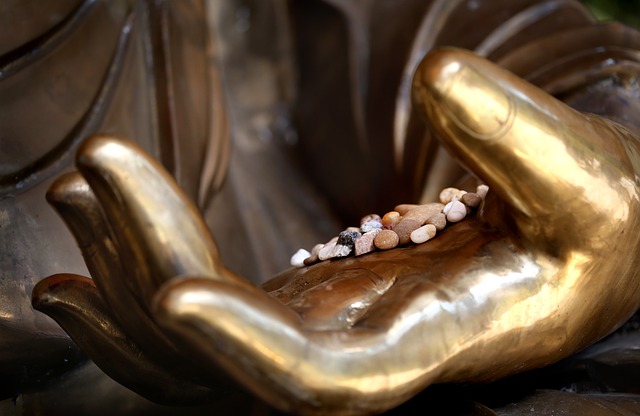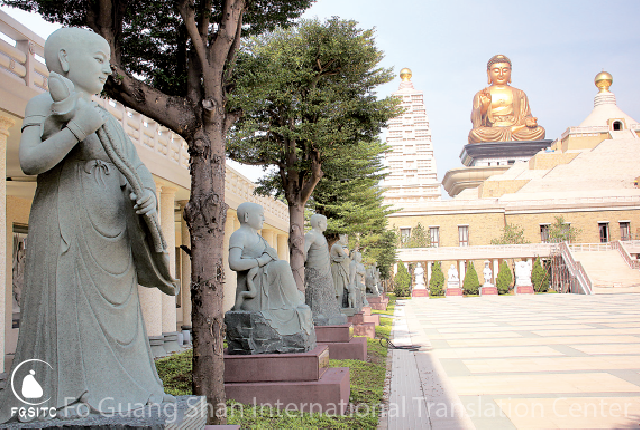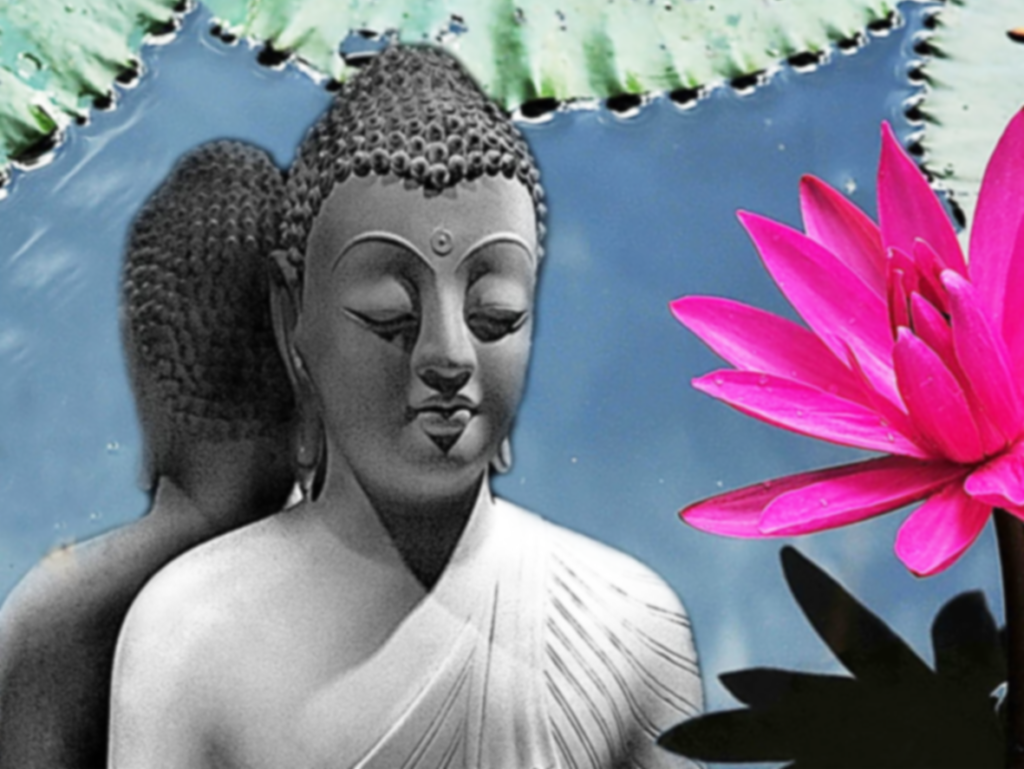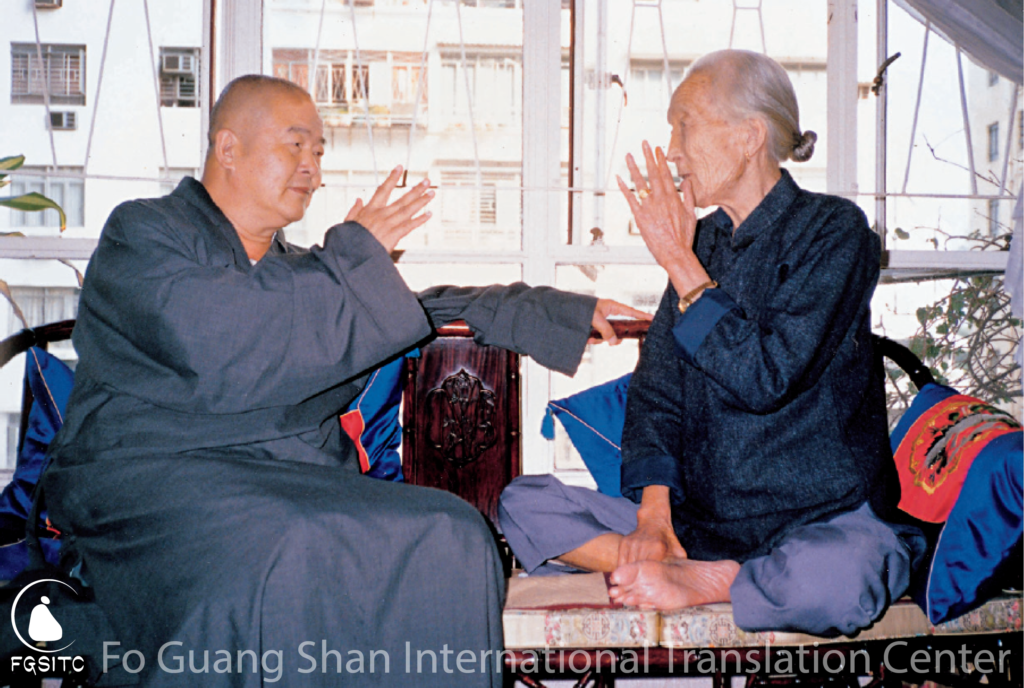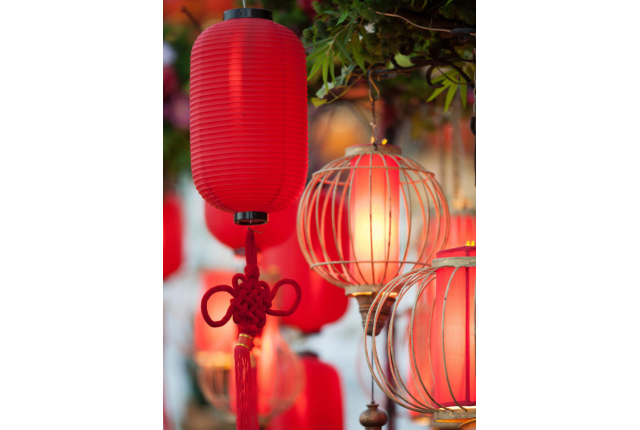
Among our many relationships, many forms and types exist. There are friendships, family connections, teacher-student bonds, marriages, relationships with and between monastics, and many other kinds. How we choose to develop, nourish and manage these specific relationships determines our own joy and contentment, as well as that of our fellow human beings, and ultimately, our community and world as a whole.
How wonderful our lives become when we trust in the infinite and inherent capacity for connection that all beings share. Living with utmost ease and happiness and with the maximum ability to benefit others depends on our ability and willingness to approach all relationships with compassion, pure hearts, and the proper frame of mind.
Consider the following example.
Once there was a man who asked a Chan master to write something special for his birthday. The Chan master wrote, “Father expires, son expires, grandson expires.” The man was not at all amused by the mentioning of death on his birthday. The Chan master explained, “These are words of good luck.”
The man was puzzled. “Everyone dies. What kind of good luck is this?” he asked.
The Chan master replied, “Would you rather have your grandson pass away before your son and before you? How tragic it is to have elders attending the funerals of the young!”
When we do not have a clear understanding of how we relate to others, or how we can relate to others, we create a lot of unnecessary problems for ourselves and others.
We miss out on the great joy that is easily within our reach. Therefore, It is important for us to nurture our skills in developing and maintaining various types of relationships so we can heighten our ability to offer compassion and love that serves to empower and elevate others, rather than suppress or oppress them.
There are many instances in which the sutras speak of how relationships should be handled. These texts guide us in eliminating the distance between people and help us to nurture profound affinity. While there are historical and cultural differences in how any relationship is best managed, the basic elements of respect and compassion are the universal ingredients of a good and healthy relationship. Here we will look specifically at what the sutras say regarding friendships, and then discuss healthy emotions and love. Taking these teachings and suggestions to heart can help us all to generate widespread and long-lasting affinity with our fellow sentient beings.
From Living Affinity, written by Venerable Master Hsing Yun.
Image from Pixabay.

